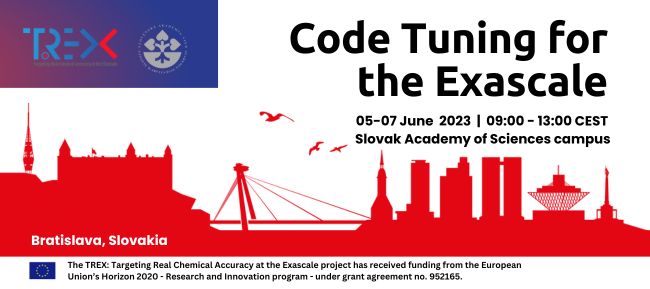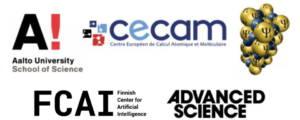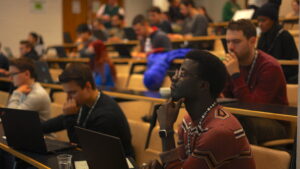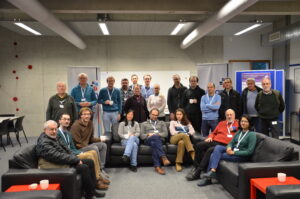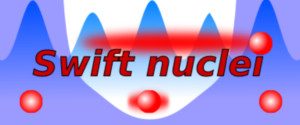The TREX project is excited to announce that it will host a physical workshop entitled “Code Tuning for the Exascale” from June 05-07 in Bratislava, Slovakia. The workshop is designed for code developers and will have a strong emphasis on code optimisation. Participants are encouraged to bring their own codes to learn about techniques, methods, and solutions for enhancing performance and scalability across multiple platforms.
The workshop is co-organised by the TREX project and the Austrian, Czech and Slovak National Competence Centres for HPC.
The event will be organised in a mix of tutorials and training activities, focussing mainly on performance, power consumption, and energy efficiency in HPC systems and providing hands-on sessions on a series of codes and tools including TREX CHAMP code.
The language of the workshop will be in English.
Prerequisites
- The workshop is targeting developers and advanced HPC users with experience in parallel programming and C and/or C++ and/or Fortran programming languages.
- Attendees are kindly requested to bring their own laptop.
Important information
- We have a limited number of seats so please consider reserving your seat as soon as possible.
- Boarding: Light meals will be provided for lunches. A social dinner will be organized on the 2nd day.
- Venue: Slovak Academy of Sciences campus, Bratislava, Slovakia

